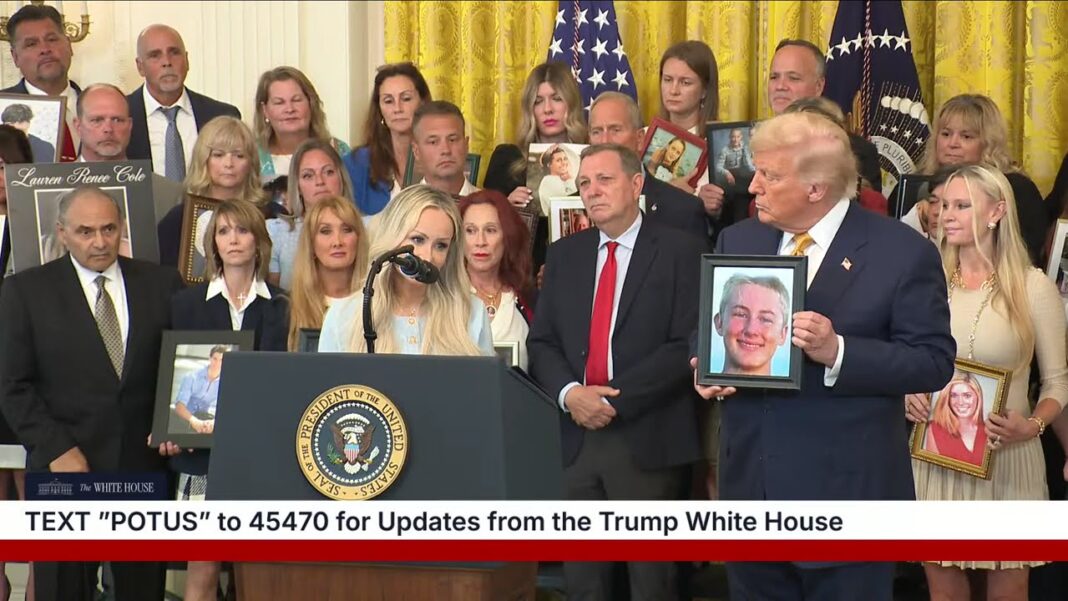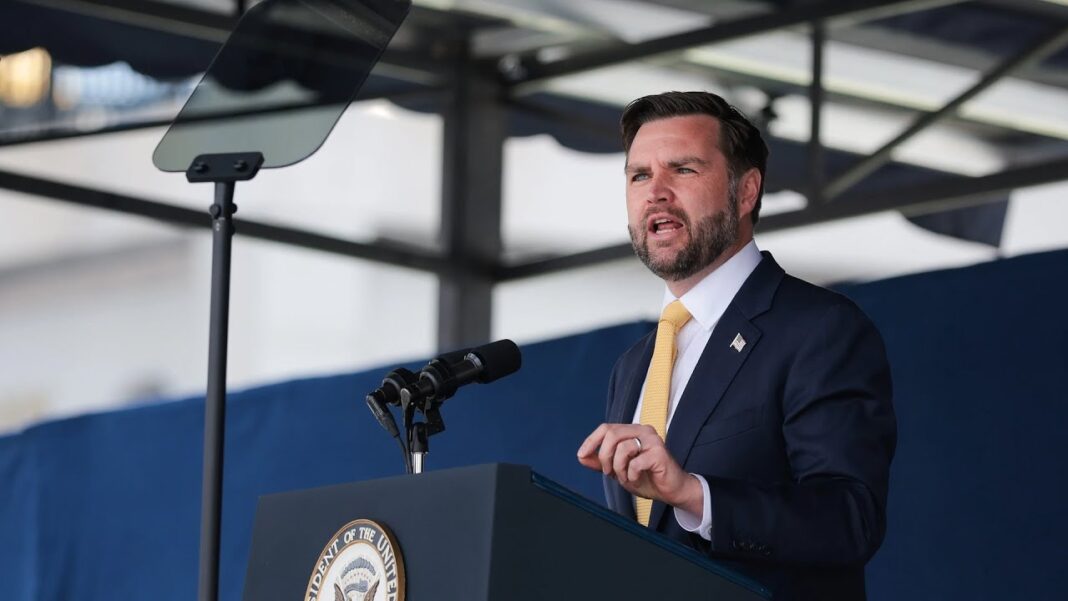The talks come amid rising tensions over plans to impose steep tariffs on European Union goods if no deal is reached by August.
The European Union’s trade leader is headed to Washington for face-to-face negotiations with the Trump administration, a spokesman for the economic bloc said.
On July 16, EU Trade Commissioner Maros Sefcovic is scheduled to meet separately with U.S. Secretary of Commerce Howard Lutnick and U.S. Trade Representative Jamieson Greer, European Commission trade spokesperson Olof Gill told reporters on Wednesday.
The negotiations come as the United States and the EU are facing an Aug. 1 deadline to craft a new bilateral trade deal.
On July 9, Sefcovic and other leaders of the EU expressed their hope that a deal could be reached within days. However, on July 12, President Donald Trump added a new component to the conversation when he announced on his Truth Social account that the United States will impose a 30 percent tariff on imports from the European Union starting on Aug. 1 if a trade agreement is not reached.
EU member states, including Germany, Ireland, and Italy, are among those with the largest trade surpluses with the United States.
Ahead of Sefcovic’s visit, the European Commission prepared a list of potential retaliatory tariffs targeting about $84 billion worth of American goods.
The list includes a wide range of products such as Boeing aircraft, bourbon whiskey, cars, chemicals, medical devices, electrical equipment, and agricultural products such as fruits, vegetables, wine, beer, and spirits.
The EU is not alone in facing tariff pressure from Washington. Since April, the Trump administration has launched a sweeping effort to reset trade terms with the United States’ largest trading partners, citing longstanding deficits and what it calls unfair barriers to American goods.
So far, the United States has announced new trade agreements with four countries: the United Kingdom, China, Vietnam, and Indonesia. In each case, the agreements include tariff concessions for U.S. exports and duties on imports from those nations, aimed at closing trade gaps. Those deals have yet to be formally finalized.







